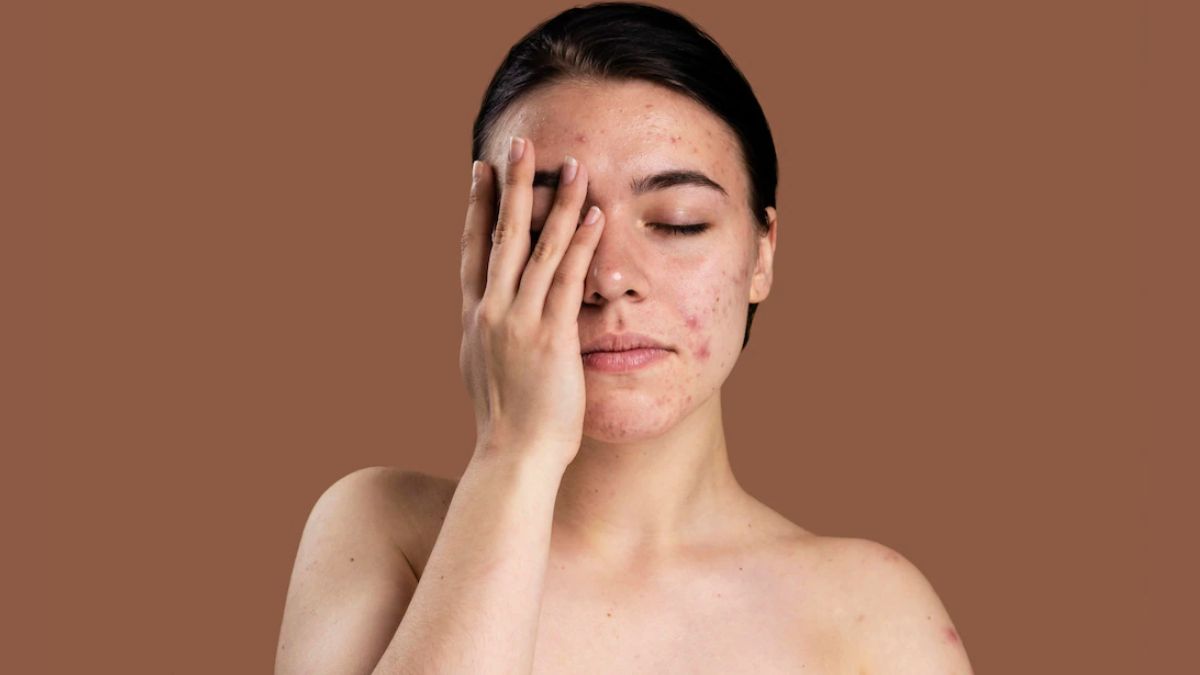
As air pollution levels have increased in the National Capital Region, the number of people affected by this air pollution has increased significantly. Since the skin is the outer barrier that protects the human body, it is the first line of defense against external environmental factors such as pollution. Long-term exposure to various types of air pollution and air pollution agents such as UV rays, polycyclic aromatic hydrocarbons, volatile organic compounds, oxides, particulates, ozone, and cigarette smoke can seriously affect human skin. Editors of OnlyMyHealth spoke to Dr Chandni Jain Gupta, Department of Dermatology | gender medicine | To learn more about the effects of air pollution on our skin and ways to prevent it , visit Cosmetics, Elantis Healthcare .
How does air pollution affect our skin?
Air pollution causes changes in the performance of lipids, deoxygenated ribonucleic acid, and proteins in human skin through oxidative damage, which ultimately leads to extrinsic skin aging, inflammatory or allergic conditions such as contact dermatitis, atopic dermatitis, psoriasis, acne, and skin cancer. With repeated exposure to polluted air that exceeds the natural protective capabilities of the skin, the skin, which acts as a barrier, breaks down and develops various skin diseases.
Although many people mistakenly believe that smoking only affects the people who smoke it or their loved ones, cigarette smoke is one of the leading causes of skin diseases in India due to environmental pollution. Several studies have shown that chemicals in cigarette smoke increase transepidermal water loss, as well as connective tissue degeneration in the skin, leading to premature aging.
Also read: How does air pollution affect eye health? Avoid these issues
The skin microbiome consists of millions of bacteria, fungi, and viruses found on human skin. It is important to fight foreign bacteria and alert the immune system to any external cause. Pollution can reduce the size or diversity of bacterial communities present in the normal microbiome and allow harmful bacteria that cause various skin diseases to enter the skin. Pollutant particles can physically settle on the skin and clog pores, trapping bacteria and creating a stuffy, oily environment that promotes the growth of blackheads, one of the main strains of bacteria responsible for acne and pimples.

How to prevent the damage caused by air pollution?
The increase of these cases made it necessary to develop methods of prevention and protection from harmful air pollution.
1. Cleaning
Some preventive methods include the habit of washing your hands and face twice to maintain healthy skin. Using an oil-based cleanser or facial cleanser will help cleanse the skin more thoroughly and remove surface impurities as well as impurities that seep into the skin's pores.
2. To rub
Another prevention method is to exfoliate twice a week. Exfoliating twice a week helps to remove dead skin cells and remove dirt and impurities from skin pores. In order not to irritate the skin, it is recommended to exfoliate with gentle circular movements.
ALSO READ: Signs You're Exfoliating Too Much
3. Add antioxidants

Adding antioxidants to your daily skin care routine is considered the best defense against free radical damage to your skin. Regular consumption of powerful antioxidants such as vitamin C will help reduce signs of oxidative stress such as dark spots, fine lines and sagging skin.
4. Use sunscreen
Although daily use of sunscreen does not directly help protect against pollution, polluted air can interact with UV rays to form toxins that are very harmful to the skin. Therefore, daily use of a broad-spectrum sunscreen is imperative to avoid damaging UV rays as much as possible.
5. Moisturize
Hydrated skin is known as healthy skin, and increasing your skin's moisture levels can help prevent skin damage. Apply nourishing moisturizers when you're on the go for a busy day to keep your skin from looking too oily and protect against harmful air pollution.
Image credit: freepik

